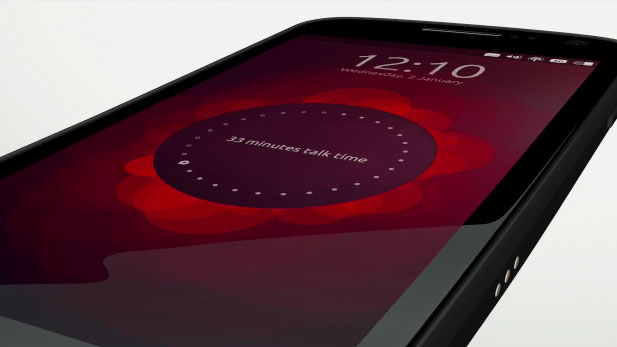'Ubuntu on Android may help find next Einstein'
Linux International boss suggests wiring brains into computers as a backup plan
In the US, arguably the richest, most powerful country in the world, 34% of its PC software is pirated. If all those people purchased the software, then Microsoft would be able to plate their hallways with gold. As it is, they can only plate them with silver.
Microsoft is a marketing company, and I keep telling people if technology was what sold software, then they would still be waiting to sell their first copy. On the other hand, you have Linux, where a lot of companies download it for free.
By definition, there's only so much we can spend on advertising. I think it's almost a miracle that here's software with no big marketing company behind it that has got as far as it has by word of mouth. I think it's amazing.
Smartphone age
TR: How is Linux going to change in the smartphone age?
JH: Linus said a year or so ago that the Linux kernel is maturing, but there's still lots of people that keep working on it, trying new processors and new things to reduce the amount of power utilisation in cellphones and tablets.
I think that from a kernel standpoint we're continually working in the same direction of making it scalable, smaller and more secure with better performance. There's only so much you can do though, as you can't squeeze blood out of a turnip.
You have the trade off of something that you want to have, like multitasking and better power utilisation, security, and other things. Certainly, there's still a lot to be done with the graphical user interface too.
Are you a pro? Subscribe to our newsletter
Sign up to the TechRadar Pro newsletter to get all the top news, opinion, features and guidance your business needs to succeed!

TR: Ubuntu on Android is looking very slick in that area.
JH: I'm very interested in Ubuntu, which is interesting, as it it's aiming to have exactly the same interface across cloud, servers, desktops, TVs, and now smartphones. I don't think people quite understand that.
TR: Do you think Ubuntu on smartphones could find Linux an audience that may not have checked out the desktop version?
JH: What's great is the commercialisation of this. It's fascinating, and if you think of where the next Albert Einstein of computer science could come from, if people can afford a smartphone running Ubuntu to give them a computer to practice what they're doing, we're much more likely to find them and see them.
But this is kind of like Star Trek. The people that say everything can be done on your phone are usually those writing articles at their desk in front of 14 monitors. I like to plan my trips at my desk, fill up my calendar, go on Google Maps, and find directions. On my phone I make corrections to those. I don't do the whole thing on it.
You don't see characters on Star Trek going to the sick bay to fight the battle as that's not their workstation. You can do simple navigation from the bridge, but if you want to do real navigation, you go to the navigation room where there's big maps and other large things with input methods.
In reality, the only time we will ever be able to get away from the workstation thing is when we attach connections to our brain and can do brain-to-computer thought to amplify our being. I think it'll be a long time before computers replace our being, but we can use them to amplify it.
Google Glass
TR: What do you think of Google Glass?
JH: I'm actually pretty excited about it. I've been wearing these glasses since I was 12 as I can't wear contacts. The only thing they can do is improve the vision, whereas I'd like telescopic vision, microscopic vision, x-ray vision and infra-red vision.
